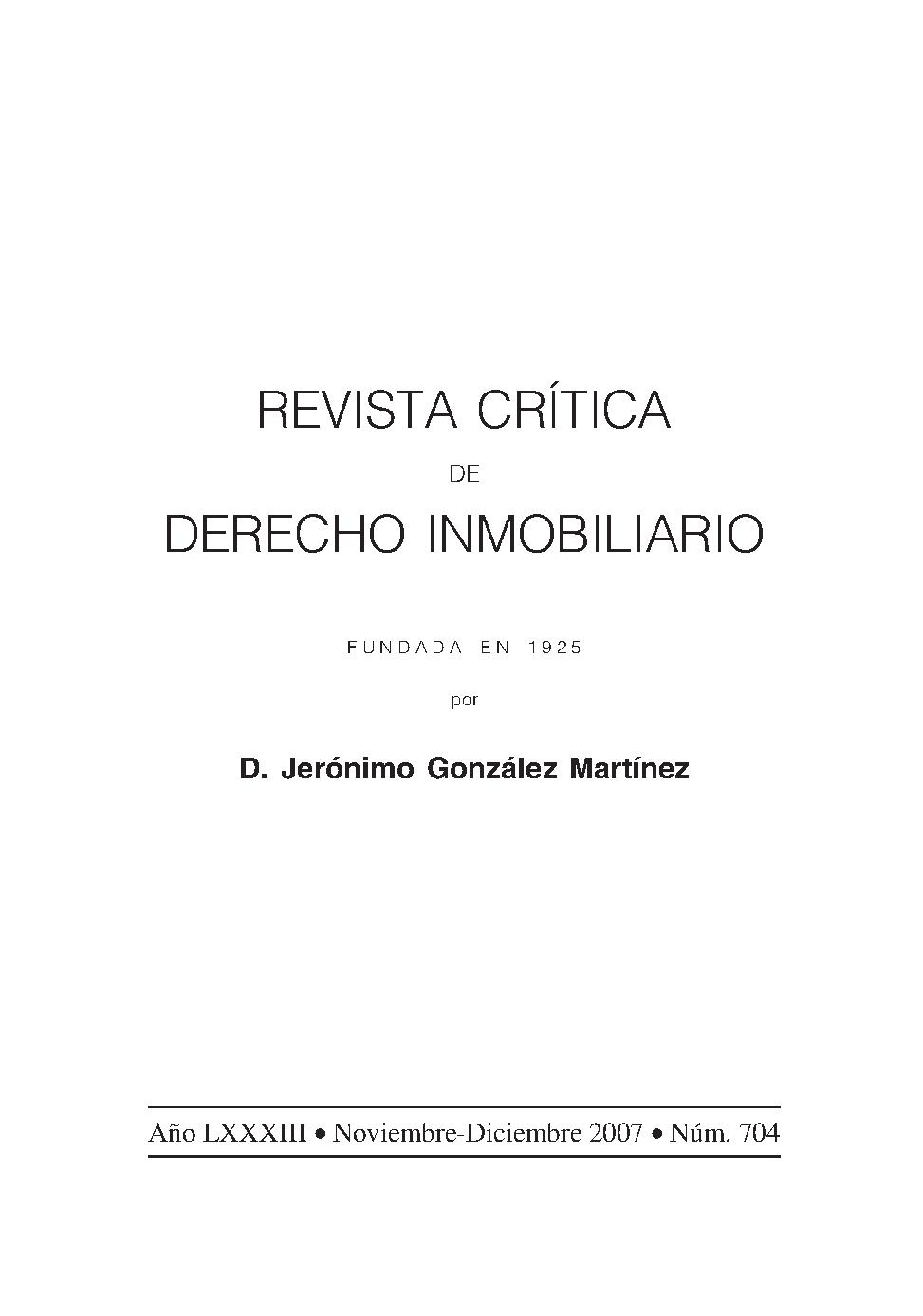LOS ACTOS DE VOLUNTAD, PARA QUE SEAN CONOCIDOS, TIENEN QUE EXPRESARSE MEDIANTE LA NECESARIA DECLARACIÓN DE VOLUNTAD QUE DEBE EMITIR CADA CONTRATANTE PARA FORMAR LA VOLUNTAD CONCORDE QUE EXIGE LA EXISTENCIA DEL CONTRATO.
Keywords:
CONTRACTUAL CONSENTAbstract
In this study the authors analyse how contractual consent indicates the point in time when the formative iter of the contract comes to an end, and how contractual consent presupposes the participation of two conscious, free wills. Consent as an act of will by the parties to the contract is an interesting matter, because it becomes a joint agreement by the parties, i.e., a will or intention that is the same for all parties, a consent that is formed and externalised by means of the faithful formation of a will in a form the other party can perceive. The authors underline the importance of problems of concordance between what the parties really want and what they state, i.e., disparity between the «internal will» and the «declared will», and the importance of flaws that prevent consent from being given freely and consciously.









